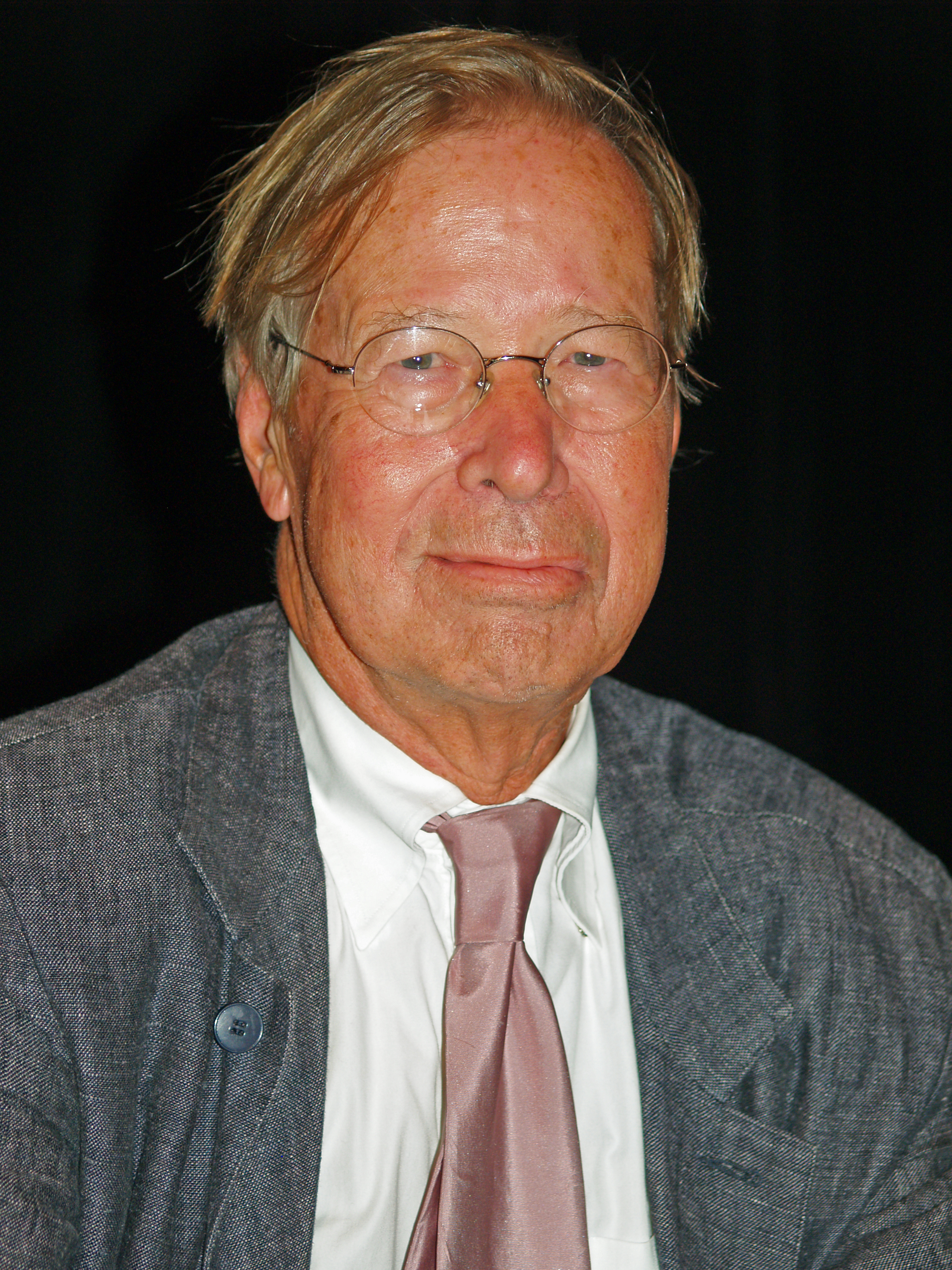
By Raymond Wacks
The law is always news. It plays a central role of law in our social, political, moral, and economic life. But what is this thing called law? Does it consist of a set of universal moral principles in accordance with nature? Or is it merely a collection of largely man-made rules, commands, or norms? Does the law have a specific purpose, such as the protection of individual rights, the attainment of justice, or economic, political, and sexual equality? Can the law change society as it has done in South Africa?

Nelson Mandela, the first President of a democratic South Africa, with the author Raymond Wacks, following his release from 27 years of imprisonment.
Even the sensationalist criminal trials—real or imagined, staple movie and television fare—capture features of the law that routinely vex legal philosophers. They spawn awkward questions about moral and legal responsibility, the justifications of punishment, the concept of harm, the judicial function, due process, and many more. The philosophy of law, in other words, is by no means exclusively an abstract, intellectual pursuit. Indeed several legal philosophers contribute to important contemporary discussions about highly controversial questions such as abortion, euthanasia, pornography, and human rights.
No society can properly be understood or explained without a coherent conception of its law and legal doctrine. The social, moral, and cultural foundations of the law, and the theories which both inform and account for them, are no less important than the law’s ‘black letter’. Among the many topics within legal theory’s spacious borders is that of the definition of law itself: before we can begin to explore the nature of law, we need to clarify what we mean by this often elusive concept.
One question that continues to dominate legal philosophy is the seemingly intractable problem of the relationship between law and morals continues to dominate academic debate. Can law be as neutral and value-free as legal positivists seek to demonstrate, or is law steeped in inescapable moral values? Can law be analytically severed from morality? Or is the pursuit of neutrality and objectivity by legal positivists—from John Austin and Jeremy Bentham to the Realists and their modern followers—a sanguine will o’ the wisp? Is a ‘science of law’ (exemplified by Hans Kelsen’s ‘Pure Theory’) a fantasy? Is HLA Hart’s focus upon the ‘municipal legal system’ still helpful in our age of globalization and pluralism? If law does have a purpose, what might it be? Can it secure greater justice for all who share our planet?
None of these questions has a simple answer. But it is in their asking—and careful reflection upon them—that we might better understand the nature and purpose of law, and thereby perhaps secure a more just society. In the face of injustice, it is easy to descend into vague oversimplification and rhetoric when reflecting upon the proper nature and function of the law. Analytical clarity and scrupulous jurisprudential deliberation on the fundamental nature of law, justice, and the meaning of legal concepts are indispensable tools. Legal philosophy has a decisive role to play in defining and defending the values and ideals that sustain our way of life.
Raymond Wacks is Emeritus Professor of Law and Legal Theory. His areas of interest are legal theory, privacy, and human rights, and he has published numerous books and articles on various aspects of law, including Understanding Jurisprudence: An Introduction to Legal Theory (OUP, 2012), Law: A Very Short Introduction (OUP, 2008), and Privacy: A Very Short Introduction (OUP, 2010), and Philosophy of Law: A Very Short Introduction (OUP, second edition 2014)
The Very Short Introductions (VSI) series combines a small format with authoritative analysis and big ideas for hundreds of topic areas. Written by our expert authors, these books can change the way you think about the things that interest you and are the perfect introduction to subjects you previously knew nothing about. Grow your knowledge with OUPblog and the VSI series every Friday, and like Very Short Introductions on Facebook. Subscribe to Very Short Introductions articles on the OUPblog via emailor RSS.
Subscribe to the OUPblog via emailor RSS.
Subscribe to only philosophy articles on the OUPblog via emailor RSS.
Image credit: (1) By Raymond Wacks: Nelson Mandela with Raymond Wacks. Do not reuse without express permission. (2) By David Shankbone. CC-BY-SA-3.0 via Wikimedia Commons
The post Law and the quest for justice appeared first on OUPblog.



